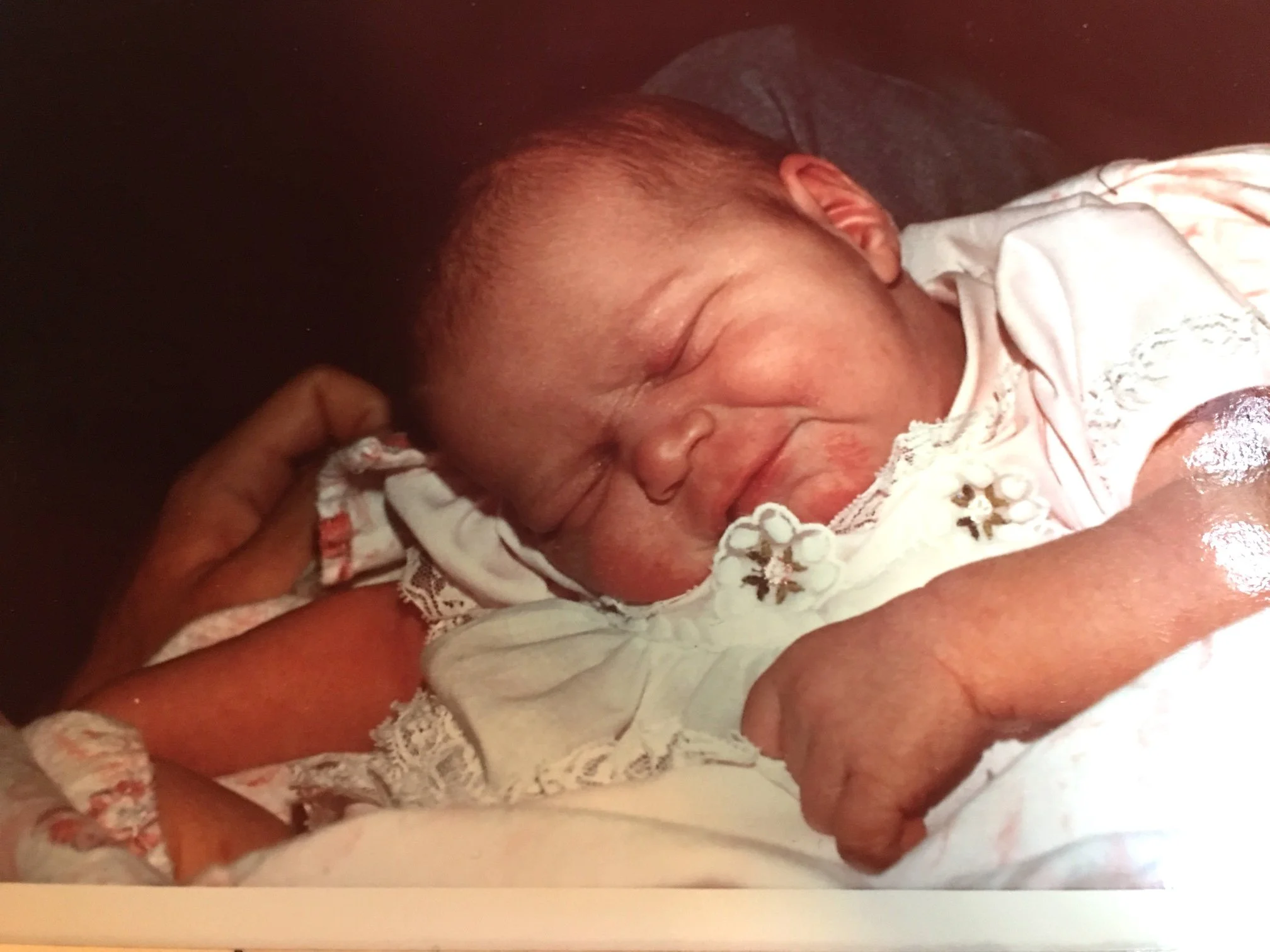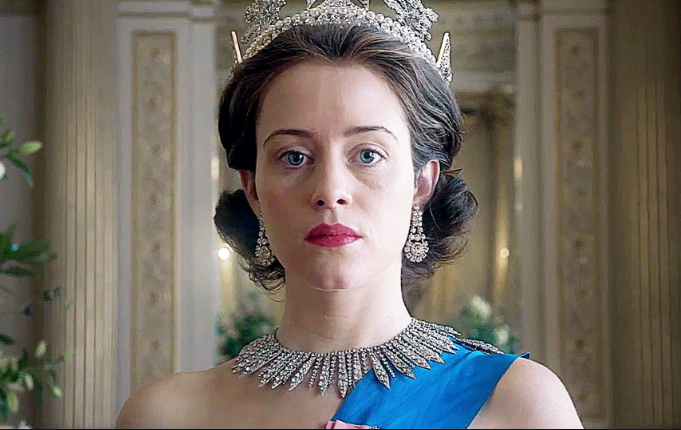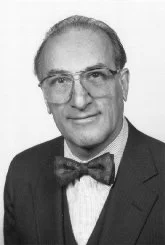Listening to Dreams as a Spiritual Practice
Guest Writer Bridget Hyde
“What I have continued to find… is that dreams are sources of wisdom for problem-solving and life enhancement. They put us in touch with dimensions of ourselves that are normally hidden and that we need to grow toward our full potential.”—George R. Slater in Bringing Dreams to Life (Paulist Press, 1995).
Dreams are a dynamic form of spiritual direction. They come to us in the service of wholeness. A visit from a dream brings unconscious information to our consciousness. Dreams carry a divine desire to make us whole, to integrate the conscious and unconscious worlds, and to find a balance between soul and persona.
There is much talk in spiritual direction about the “ego” and how it keeps us from God, our most authentic self. My experience has taught me that ego is not inherently bad. However, it is an ego out of balance that harms.
Don’t we all need egos for our basic needs? Our ego drives us to get dressed and go out into the world. My faith tells me that God gave us our egos so that we could have the confidence to put forward our gifts and accomplish necessary daily tasks. Unfortunately, some of us fall into situations here on earth that sap the vitality of our egos and self-esteem. For example, during dark or denigrating times, people often dream of kings and queens. Here, the dream seeks to balance a personal sense of worth by calling forth a regal, powerful archetype.
When an ego is out of balance the other way, it becomes inflated and sees itself above others, immune from harm or wrongdoing. If this happens to a person, the unconscious will sometimes bring a dream of falling from a high place to land on solid ground. The dream will seek to bring the person “back to earth.” Thus, a person may dream that a plane crashes, yet they land safely. Another example is a dream where a car stalls, and the dreamer must get out and walk. The major thrust of such dreams is to help the dreamer feel grounded to avoid the fate of Icarus.






